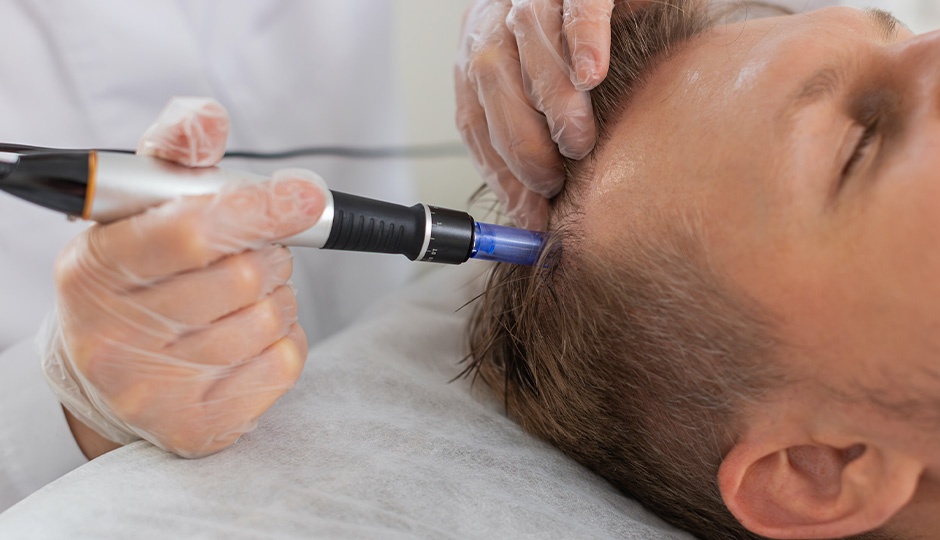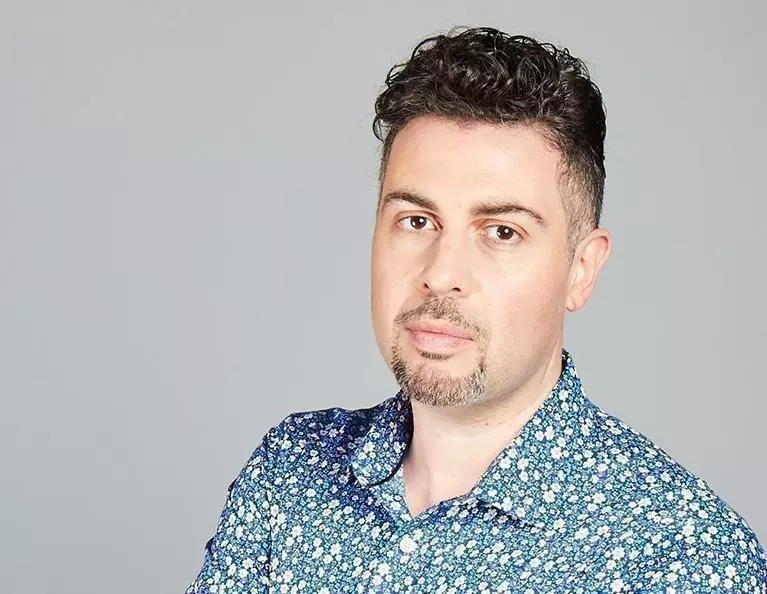Many health conditions have a knock-on effect on other parts of the body. Sometimes these effects can seem unrelated yet act as a clue to the potential issue that may have arisen.
Take digestive issues, for example. While these may seem a world away from hair issues, they may be connected. If you’re having issues with your digestive system, this can make it harder for your body to absorb nutrients from food. We need nutrients, such as vitamins and minerals, for all kinds of reasons. This applies to our hair as much as to other parts of the body.
What Digestive Problems Can Cause Hair Loss?
According to one study, around one-third of those with inflammatory bowel disease (IBD) have noticed some hair loss. Irritable bowel syndrome may also lead to a similar outcome, as the digestive process is disrupted in each case. This means that even if you’re eating a perfect diet filled with fruits, vegetables, and whole foods, you could end up missing out on some of the nutrients it contains.
It's also been noted that some people seem to experience less hair loss when they’re on certain medications for these conditions. Doing what you can to help the condition can therefore help prevent some of the hair loss those patients are experiencing.
When you have gut issues, it may also affect the absorption of certain nutrients. For example, IBS can cause diarrhea in some people and constipation in others. If you suffer from the former, food goes through your system too fast for your gut to take all the nutrients it normally can from it. You can see how our above example, where you’re eating well, can still result in hair loss because of the lack of absorption.
Protein and Hair Growth
Protein is required to aid in strong hair growth. A diet that is low in protein could therefore upset this process. Furthermore, it’s best to get your daily recommended amount of protein spread across several meals, as the body cannot absorb more than about 10g of protein each hour.
This shows how eating right – and eating regularly – can play a positive role in hair loss prevention, and in the maintenance of healthy hair.
Gut Inflammation and Hair Loss
We’ve seen how those with IBD and IBS have reported some hair loss that appears to be linked to these conditions. All these gut conditions are linked with gut inflammation.
Various studies have indicated that the gut microbiota (the mix of good and bad bacteria in the gut) are linked to inflammatory conditions and diseases throughout the body. The idea is to keep the microbiota in balance, to ensure that you have a bigger range of good bacteria to keep the bad in check.
The best way to combat this and to build up healthier gut flora is to make sure you get a good mix of prebiotics and probiotics from your food and drink. Live yogurt and drinks such as kefir are an easy way to do this.
Is This Type of Hair Loss Temporary?
Yes, and it’s not as simple as saying your losing hair because you have a digestive issue. Those issues can cause you to feel stressed and upset, which in turn can potentially make it more likely that you’ll suffer hair loss to start with. So, there are links, but it can be tricky to know what they are. Temporary hair loss is called telogen effluvium. Any change to your body, including something that causes you stress, can lead to this.
In all cases, if you notice any changes to your digestive system, it’s best to talk with your healthcare provider. Having a condition diagnosed is the first step to seeking treatment for it. Furthermore, your haircare provider can provide advice on how best to take care of your hair in the meantime. You might be able to change your hair care protocol, for example, to better support your hair and to keep it healthy.
Sometimes, taking a daily supplement can help ensure you get all the nutrients you need to support healthy hair growth. However, talking with your healthcare practitioner should always come first if you’re having any gut issues.






